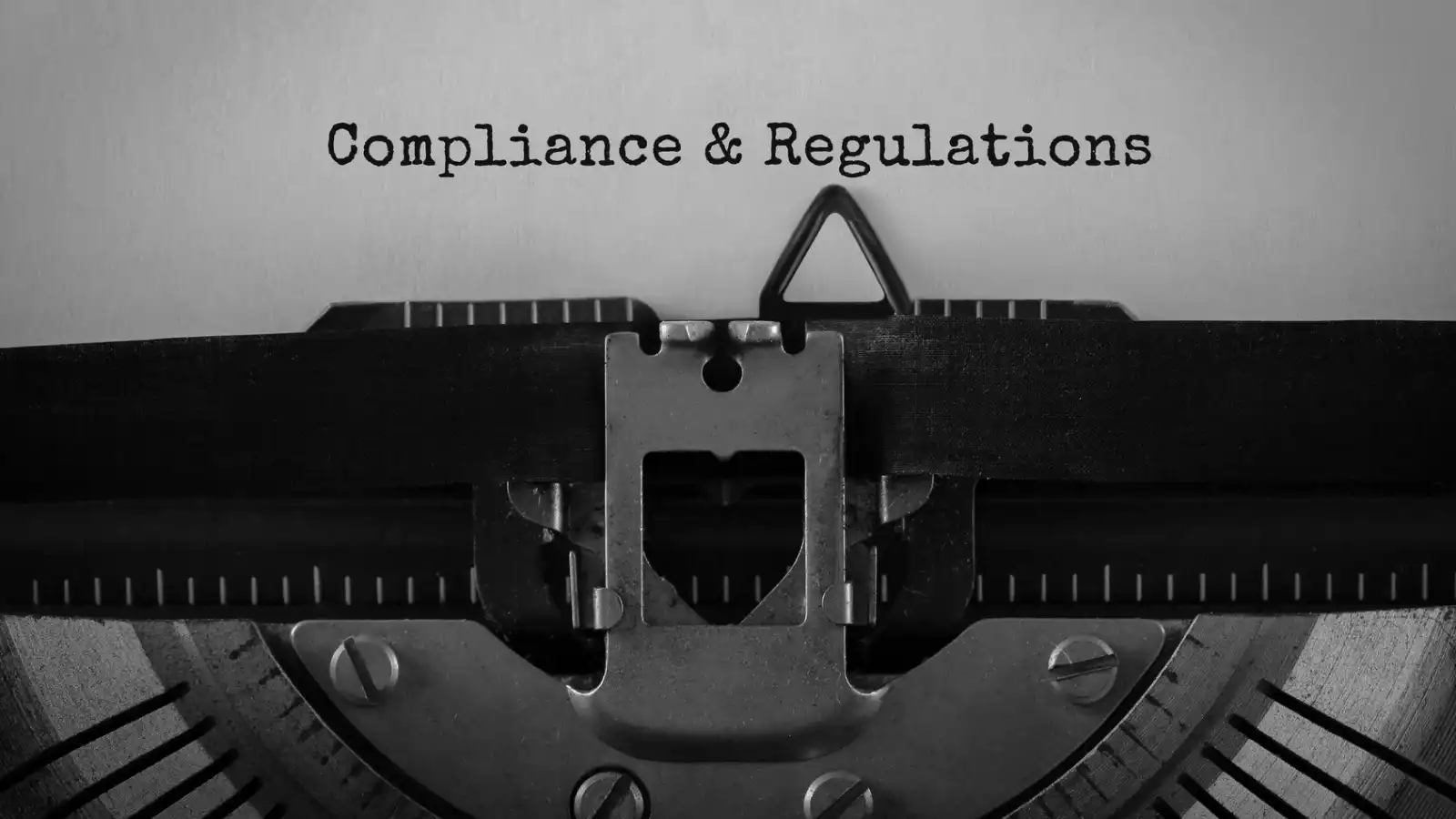 When Genesis began operations in 1991, it was estimated that fewer than 5,000 Massachusetts worksite employees were in a Professional Employer Organization (PEO) relationship. By 1995, the industry was starting to take root, and in that same year, the first bill to call for PEO registration was filed by then-Senator Fred Berry.
When Genesis began operations in 1991, it was estimated that fewer than 5,000 Massachusetts worksite employees were in a Professional Employer Organization (PEO) relationship. By 1995, the industry was starting to take root, and in that same year, the first bill to call for PEO registration was filed by then-Senator Fred Berry.
Since that time, more than 40 states have adopted laws and regulations similar to the one that is now the law in Massachusetts. Today, it is estimated that more than 40,000 workers in the Commonwealth of Massachusetts work for companies who partner with PEOs.
Learn everything you need to know about PEOs in this step-by-step guide.
In the late hours of July 31, 2018, the House and Senate in Massachusetts unanimously passed H.4868, a bill addressing economic development in the Commonwealth. Included in the bill was a long provision that called for the registration of PEOs who conduct business in Massachusetts. On August 10, Governor Charlie Baker signed it into law. It was a long time coming.
What The PEO Registration Bill Does
This is an important piece of legislation that offers consumer protections for small businesses and their employees who partner with a PEO. Here are some highlights of what the new law includes provisions for:
- Creation of a registration program to be administered by the Division of Labor Standards (DLS).
- That PEOs must register and renew annually and pay fees accordingly.
- That PEOs must provide a Surety Bond of $250,000.
- That either the PEO or the client must provide Workers’ Compensation insurance.
- That both the PEO and client will have exclusive remedy protection with respect to Workers’ Compensation.
- That the existing administration of unemployment practices are now codified.
- That clients of PEOs will not lose any tax credit or incentive because of a PEO partnership.
This legislation also provides transparency by reducing the ability of fly-by-night operations to distort the market.
While the legislation included an emergency preamble, which makes it effective immediately, it will not be operational until the DLS creates related rulemaking. Members of the National Association of Professional Employer Organizations (NAPEO) and its affiliated New England Leadership Council will continue to work with the Baker Administration and the DLS on rule implementation.
Studies have shown that small businesses who partner with PEOs grow 7 to 9 percent faster and, for small businesses, are 50% less likely to go out of business. In short, PEOs are good for businesses and their employees.
Studies have shown that small businesses who partner with PEOs grow 7 to 9 percent faster and, for small businesses, are 50% less likely to go out of business. In short, PEOs are good for businesses and their employees. Click To TweetConsidering working with a PEO? Make sure they have the following:
- They should be registered to do business in the Commonwealth and any state where employees are assigned.
- They should have IRS certification as a Certified PEO (CPEO).
- They should be accredited by the Employer Services Assurance Corporation (ESAC).
Yes, passage of this bill was an important milestone in Massachusetts. And given the growth of the PEO industry, it is a victory for the small business community and the PEOs who partner with them.
Ready to find out if your organization might be a good fit to work with our PEO? Then schedule a discovery call today!



